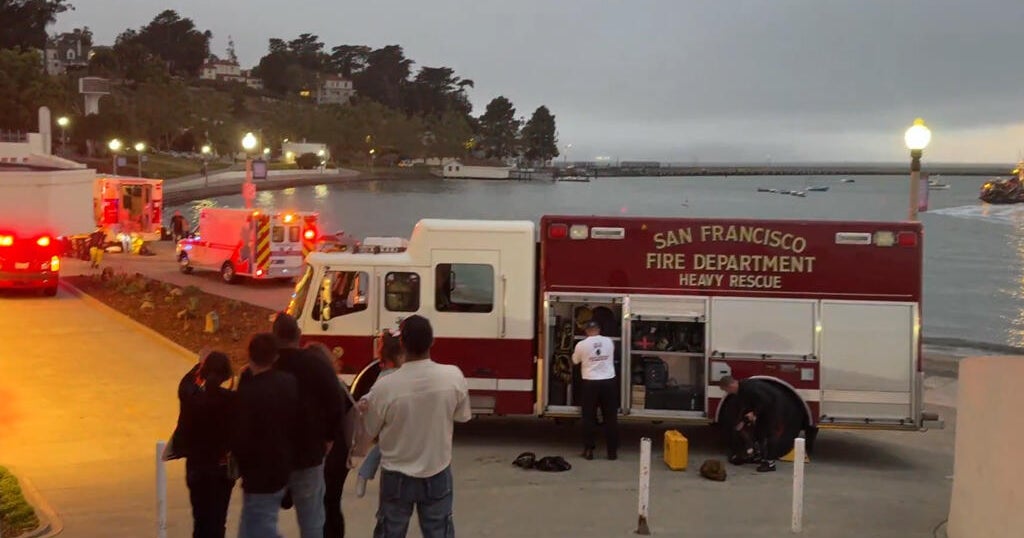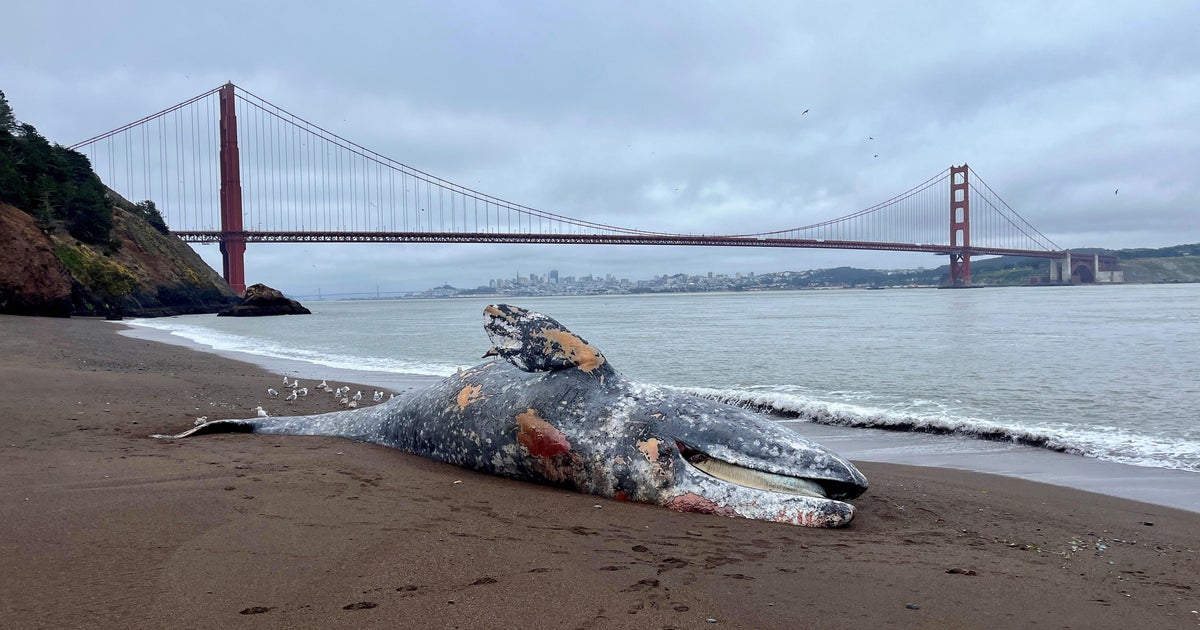Oregon, Washington Follow California's Lead And Delay Crab Season Due To Toxin
PORTLAND Ore. (CBS/AP) -- Oregon and Washington have joined California in delaying the start of their commercial crab seasons after dangerous toxin levels were found in the crabs.
Officials say elevated levels of domoic acid were found in crabs in all three states. The toxin is naturally produced by microscopic algae in the Pacific Ocean, but the massive bloom of algae caused by warming ocean conditions this year has led to more toxins produced and consumed by shellfish.
California had already delayed the Nov. 15 start of its season after finding dangerous levels of the toxin.
Oregon on Friday delayed the Dec. 1 start along its entire coast, after testing in recent weeks showed higher toxin levels in the southern half of the state. Oregon Department of Fish and Wildlife officials said delay of the season will allow completion of additional testing to make sure toxin levels are safe.
And in Washington, officials on Friday also said they're delaying the season along parts of the coast where it starts on Dec. 1.
Tribal crab fisheries in Grays Harbor and the adjacent ocean area are open, and officials said the crab there is safe and toxin levels are lower.
It's unclear how long the delays will last. Officials say they're continuing to test crab samples.
Dungeness crabs are a tradition at Thanksgiving and other holiday meals. In 2014, the industry harvested nearly $170 million worth of Dungeness crab along the West Coast.
Crab seasons have been delayed in the past, but mostly because the crab were not full enough, said John Corbin, a fisherman whose company has two Dungeness crab boats in Warrenton, Ore.
Domoic acid has been found in crabs for decades, usually at very low concentrations that pose no risk, Corbin said. But elevated levels that are toxic to humans are only found every dozen years or so.
"This year they're full enough, but we want to make sure the crab is good quality and safe for the public," he said. "When things are right, we will go at it."
Officials say crabs sold in stores and restaurants remain safe to eat. Some crab on the market now may have been harvested months ago and frozen for later, or sourced from other areas.
Domoic acid or amnesic shellfish toxin can cause minor to severe illness and even death. Cooking or freezing shellfish with high levels of the toxin does not destroy it and doesn't make it safe to eat.
Because the toxin tends to accumulate in crab gut and in the fat inside the back of the shell, officials say even when the meat has been deemed safe people should remove all the fat and discard the gut before consuming the shellfish.
Other shellfish affected by domoic acid include razor clams, which have been taken off menus in Oregon and Washington. Domoic acid has also been detected in mussels and oysters in the Puget Sound.
© Copyright 2015 The Associated Press. All Rights Reserved. This material may not be published, broadcast, rewritten or redistributed



